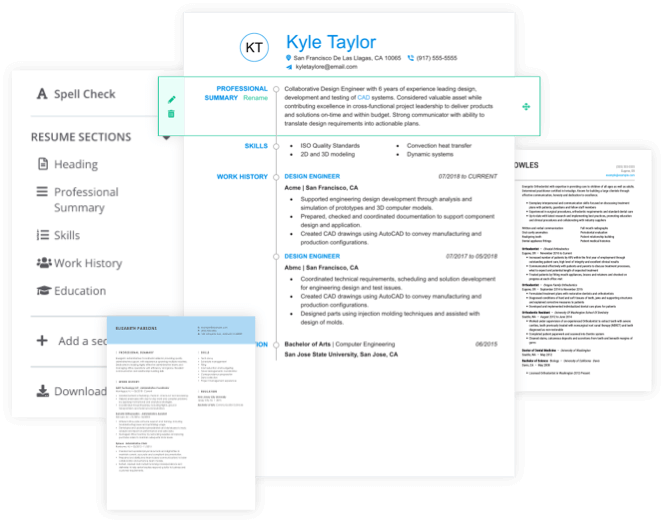- Featured in:

Estate Managers are the top-level executive position in a large household or complex of properties that employ a wide array of staff. They are responsible for working directly with the owner to plan and execute the overall plan for management of the property and other employees. They will then communicate those plans to the specialized staff. They will usually oversee the staff on all levels, including recruitment and hiring, performance reviews and termination if necessary. Estate Managers should be familiar with all the positions filled at the estate, and be aware of the job specifications of each one. The job duties will vary based on the property owner and the type of property, but will always require someone with strong people skills and great attention to detail. If multiple properties are involved, travel will be required to supervise all locations. Flexibility is required, as the Estate Manager must be on call to handle potential emergencies at all locations at any hour. Estate Managers should have an understanding of their employee’s business holdings and be able to represent the image they seek to present. Most Estate Managers live at the estate and report directly to the property owner. As the number of wealthy property owners continues to increase with booms in new areas of the economy, the need for Estate Managers is rising.
If you are having writers block, our resume examples can help. Choose from hundreds of job titles to find the right example for your needs.
Impress your future boss! According to a 2020 survey, most hiring managers read cover letters for candidates they’re considering interviewing before making their final decision. Make a cover letter that seals the deal with our professionally designed cover letter templates.
Estate Manager Duties and Responsibilities
The duties of an Estate Manager will vary greatly based on the type of estate and the demands of their employer. However, they will always include direct supervision of specialized staff at the estate. The Estate Manager will be responsible for inspecting other employees’ areas of responsibility to ensure satisfactory completion, as well as for reporting to the property owner. Additional Estate Manager duties and responsibilities include the following.
Staff Supervision
Each employee working on the estate will usually report directly to the Estate Manager. In case of large staffs, there may be a groundskeeping or kitchen manager who will report to the Estate Manager instead, but the Estate Manager will generally be the direct conduit between staff and owner.
Performance Reviews
The Estate Manager will meet with employees usually on a quarterly basis to discuss their performance and any room for improvement. They will usually have the authority to recommend an overperforming employee for promotion, or a lackluster one for termination.
Contract Negotiation
Large estates will generally require a supply of outside products. It is the responsibility of the Estate Manager to meet with vendors and negotiate contracts for food, furnishings, and technical maintenance to ensure a good value for the employer.
Budget and System Management
The Estate Manager will oversee the many systems that keep a large estate running. This includes the annual budget, the schedules for all employees, use of estate facilities and the management of payroll.
Employer Liaison
The Estate Manager serves as the direct representative of the property owner's interests. This responsibility may include travel or meeting with representatives of the employer's business. The Estate Manager should consider themselves a representative of the employer's brand.
Estate Manager Skills
Estate Managers require a wide array of skills typical of a high-level manager. They require strong people skills to interact with people both above and below them, as well as a keen attention to detail. They must be a flexible person who is able to switch focus at a moment’s notice. They must be comfortable with financing, scheduling and other technical management skills. Above all, they must be dedicated to their job and their employer. They will also require a series of more specific skills, which include the following:
- Management Skills - The key part of an Estate Manager's position is ensuring that all parts of the estate are running smoothly. This will require them to be able to accurately assess both the quality of the estate's upkeep and the performance of individual employees.
- Leadership Skills - Interacting with a large household staff, the Estate Manager must be able to motivate them to be proud of their work and give it their all. This requires a positive personality type that encourages a collaborative work environment.
- Technical Skills - An Estate Manager will need an extensive knowledge of spreadsheets and calculation software to be able to keep track of payroll, schedules and space management. Avoiding conflicts and keeping the staff running smoothly requires both effective use of software and personal skills at keeping track of details.
- Research and Knowledge - Every estate is different, and as such every Estate Manager will have different responsibilities. Thus, the Estate Manager must be well-versed in the details of their estate and property owner. This includes knowledge of antiques or other valuable items that will require special care.
Estate Manager Tools of the Trade
An Estate Manager will use a selection of technical tools and resources to effectively manage their responsibilities. These tools can include:
Spreadsheets and Payroll Software – Overseeing a schedule and payroll for what can often reach dozens of employees, Estate Managers will use electronic tools such as Excel to keep track and ensure accuracy.
Smartphone – Part of an Estate Manager’s job is staying on call in order to field emergencies at any of their employer’s properties. A smartphone with e-mail capability allows them to manage crises remotely.
Security Technology – An Estate Manager will often be responsible for managing the security of their Estate or liaising with the Security Manager. Thus, a strong knowledge of modern security devices is essential.
Job-Hunting and Background Check Software – The Estate Manager is responsible for recruiting and training trustworthy new employees for the estate. As such, sites such as Glassdoor and LinkedIn are invaluable resources for filling vacancies.
Estate Manager Educational Requirements
Although some Estate Managers may be hired with a Bachelor’s Degree in Business, the majority of Estate Managers at large properties will have a Master’s Degree in a field such as Real Estate Management or Hotel and Restaurant Management. They will often go through independent human resources courses or attain certification in Household Management. It is common for Estate Managers to have several years’ experience in management or hospitality positions before taking on a high-level position.
Estate Manager Salary
According to online sources, the average salary for an Estate Manager is in the $120,000 range. This will vary based on the size of the estate and range of responsibilities, as well as by the personal wealth of the employer. The low end of salaries is roughly $80,000, while the high end can approach $150,000. Certain large estates, especially those with holdings in multiple states or countries, can approach $250,000 in some cases. In addition, many Estate Managers will receive perks such as personal use of the estate and its amenities.

Estate Manager Resume Help
Explore these related job titles from our database of hundreds of thousands of expert-approved resume samples:




